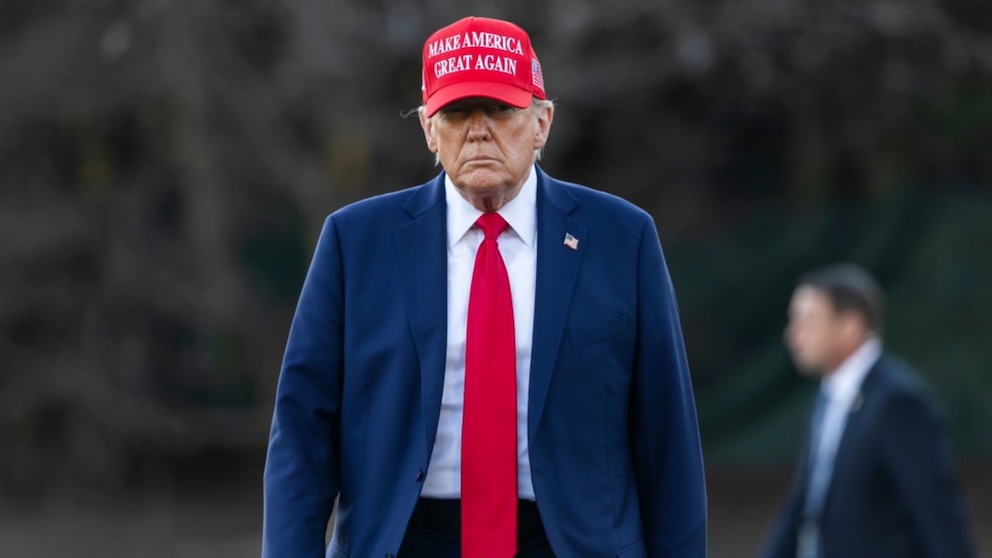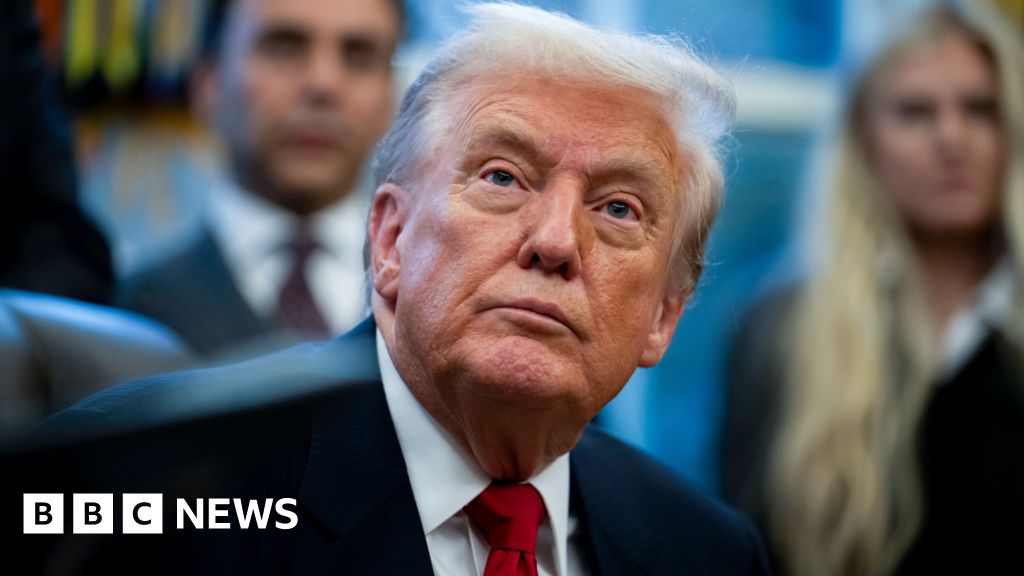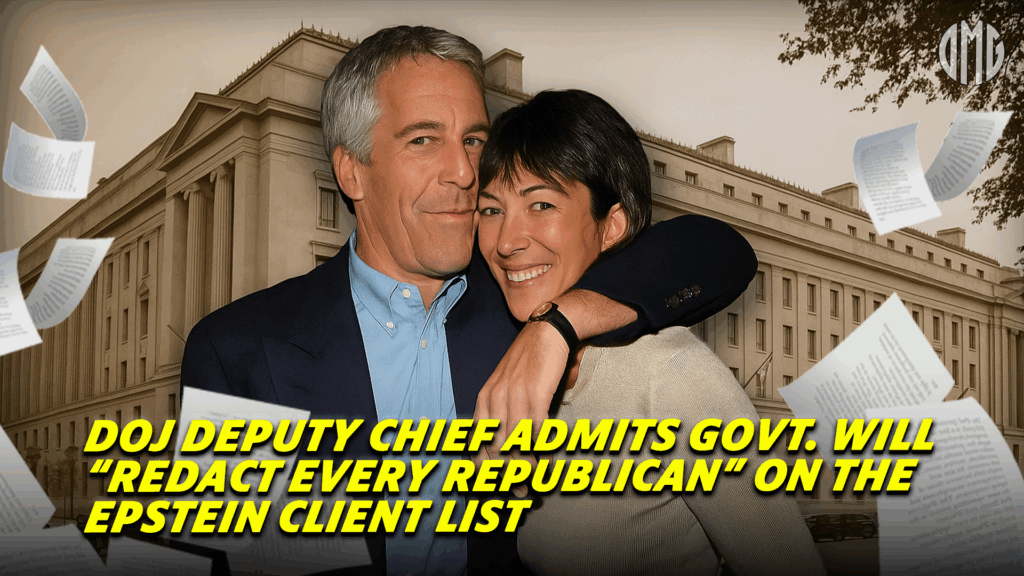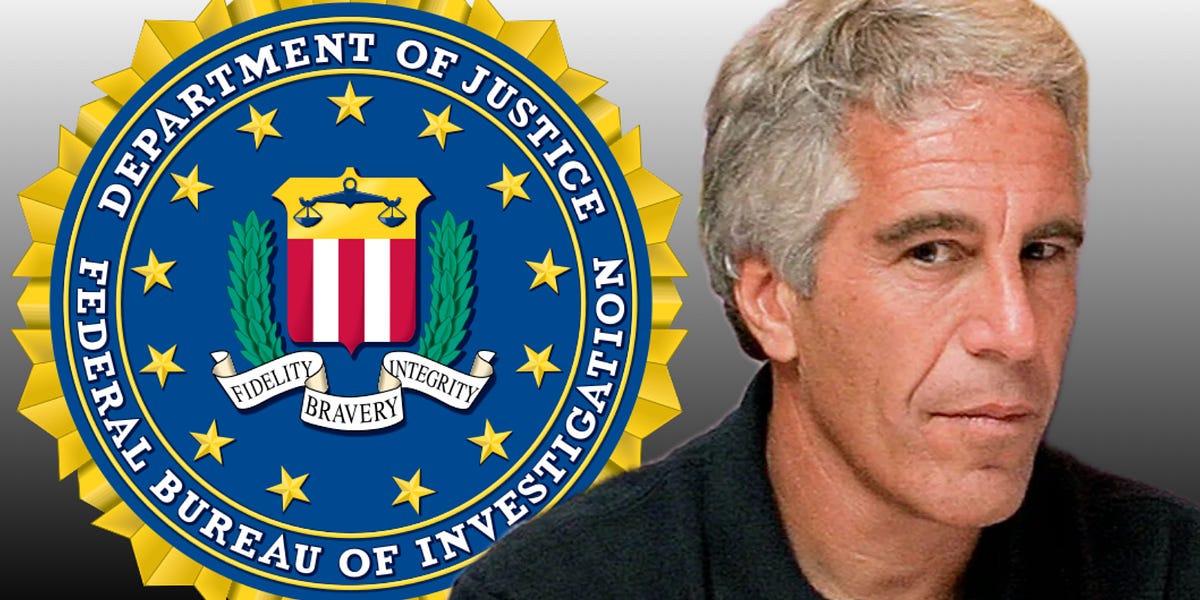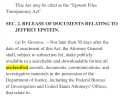Trump protects other sexual predators, besides himself of course, if he sees them as having helped him win.
Federal authorities were chided for seizing electronic devices from Tate and his brother, and told to return them, records and interviews show. Experts said the intervention was highly inappropriate.

www.propublica.org
Online influencer Andrew Tate, a self-described misogynist who has millions of young male followers, was facing allegations of sex trafficking women in three countries when he and his brother left their home in Romania to visit the United States.
“The Tates will be free, Trump is the president. The good old days are back,” Tate posted on X before the trip in February — one of many times he has sung the president’s praises to his fans.
But when the Tate brothers arrived by private plane in Fort Lauderdale, Florida, they immediately found themselves in the crosshairs of law enforcement once more, as Customs and Border Protection officials seized their electronic devices.
This time, they had a powerful ally come to their aid. Behind the scenes, the White House intervened on their behalf.
Interviews and records reviewed by ProPublica show a White House official told senior Department of Homeland Security officials to return the devices to the brothers several days after they were seized. The official who delivered the message, Paul Ingrassia, is a lawyer who previously represented the Tate brothers before joining the White House, where he was working as its DHS liaison.
In his written request, a copy of which was reviewed by ProPublica, Ingrassia chided authorities for taking the action, saying the seizure of the Tates’ devices was not a good use of time or resources. The request to return the electronics to the Tates, he emphasized, was coming from the White House.
The incident is the latest in a string of law enforcement matters where the Trump White House has inserted itself to help friends and target foes. Since entering office for a second term, Trump has urged the Justice Department to go after elected officials who investigated him and his businesses, and
he pardoned a string of political allies. Andrew Tate is one of the most prominent members of the so-called manosphere, a collection of influencers, podcasters and content creators who helped deliver young male voters to Trump. And news of the White House intervention on behalf of the accused sex traffickers comes as Trump is under fire over his ties to notorious child sex offender Jeffrey Epstein and his administration’s recent efforts to stop the public release of the so-called Epstein files.
Ingrassia’s intervention on behalf of Tate and his brother, Tristan, caused alarm among DHS officials that they could be interfering with a federal investigation if they followed through with the instruction, according to interviews and screenshots of contemporaneous communications between officials.
One official who was involved and spoke on the condition of anonymity to avoid facing retribution said they were disgusted by the request’s “brazenness and the high-handed expectation of complicity.”
“It was so offensive to what we’re all here to do, to uphold the law and protect the American people,” the person said. “We don’t want to be seen as handing out favors.”
It’s unclear why law enforcement wanted to examine the devices, what their analysis found or whether Ingrassia’s intervention hindered any investigation. The White House and DHS declined to answer questions about the incident.
But law enforcement experts said it is highly unusual for the White House to get involved in particular border seizures or to demand authorities give up custody of potential evidence in an investigation.
“I’ve never heard of anything like that in my 30 years working,” said John F. Tobon, a retired assistant director for Homeland Security Investigations, which typically analyzes the contents of electronic devices after they’re seized by Customs and Border Protection. “For anyone to say this request is from the White House, it feels like an intimidation tactic.”
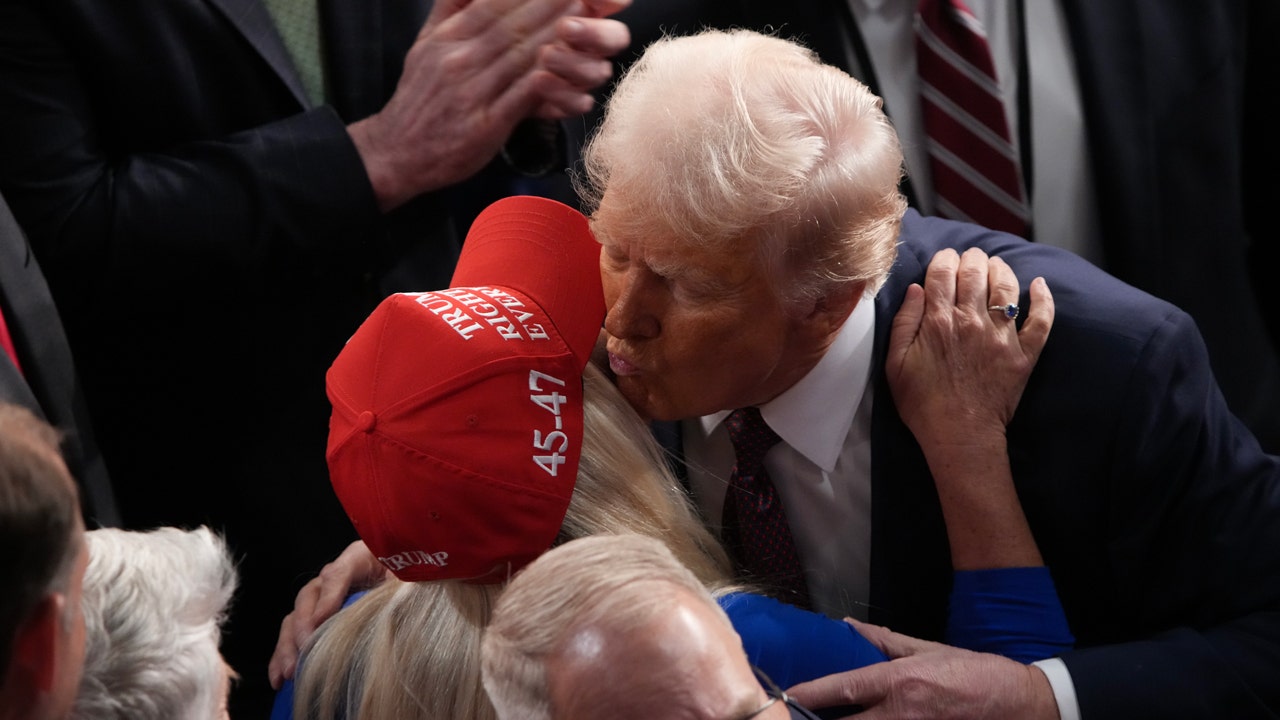
www.foxnews.com

